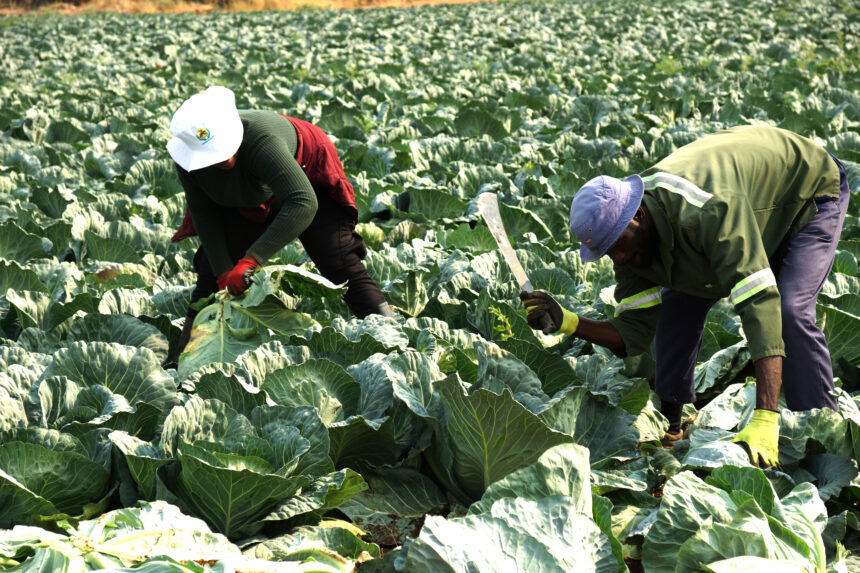Paheja Siririka
Otniel Hembapu
BEIJING/WINDHOEK – The total overhaul and modernisation of the Namibian agriculture sector as well as the empowerment of rural farmers through technology remains key priority areas for the country, President Nangolo Mbumba told with global leaders during the recent Forum on China-Africa Cooperation (Focac) in Beijing, China.
For the country to achieve its objectives in those areas, he said it is important for Namibia to continue partnering other African countries that have done well in the sector, as well as key global partners like China, who have managed to address food insecurity through technology.
The Head of State used the ninth Focac platform to speak at length about the country’s untapped potential in the agriculture sector, especially when it comes to agro-processing and value-addition mechanisms.
“Namibia is arriving at ensuring food self-sufficiency for its people in the crops sub-sector, and to support and encourage local production, the government plans to establish agro-processing centres all over Namibia,” he said during a high-level meeting on industrialisation and agricultural modernisation at the Focac summit.
He said not only will the envisaged agro-processing centres address food insecurity and problems of malnutrition countrywide but will also uplift and upskill the country’s farmers through various technological advancements.
Mbumba is adamant that through continued collaboration with an economic giant like China, Namibia’s path to food self-sufficiency and economic growth will be seamless.
As the world continues to evolve and industries become more advanced, the need for industrialisation has become even more crucial, and agro-processing, for example, should be at the forefront of this movement, Mbumba underscored.
“For accelerated industrialisation, we need enhanced agricultural production and value addition as well as efficient environmental responsiveness through green development. Agriculture is the biggest employer in many African countries. Therefore, investments in modern equipment, tools and technology are essential to boost productivity and secure livelihoods,” he added.
This sector, which involves the conversion of raw agricultural products into value-added goods, has the potential to drive economic growth and development in many countries.
Agro processing not only adds value to agricultural products but also creates job opportunities, boosts exports and contributes to overall economic stability.
Global markets
Mbumba also touched on Namibia’s hugely renowned beef industry, which remains dominant on the global market.
Over the years, Namibia’s beef exporting industry has built a reputation as an industry that is committed to high standards, enabling Namibia to export meat to the European Union and other countries, such as the United Kingdom, Norway and South Africa.
In 2020, Namibia became the first African country to export red meat to the United States of America.
Namibia’s 1.2 million cattle represent less than a quarter percent of the global herd, which stood at one billion in 2022.
Although the contribution of agriculture to Namibia’s GDP (excluding the fishing sector) over the last five years has been just around 5%, it remains one of the most important sectors in the country, as most Namibians depend directly or indirectly on the agricultural sector for their livelihoods.
Livestock contributes to approximately two-thirds of Namibia’s annual agricultural production, while agriculture and forestry account for the remaining third. Due to Namibia’s nominal share in global beef production, Mbumba emphasised that the country must focus on selected niche as well as premium markets and partnerships for its high-quality agri products.
-ohembapu@nepc.com.na
-psiririka@nepc.com.na


